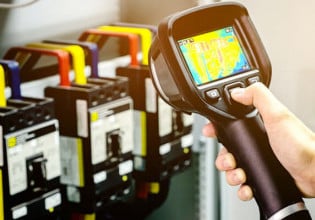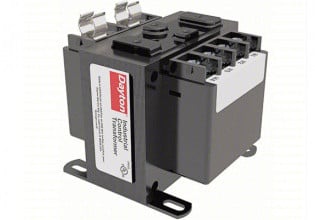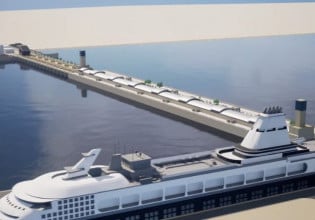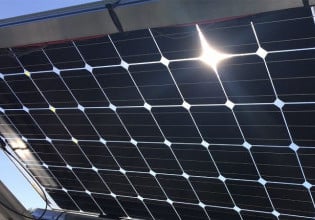Tecogen Acquires 98% Efficient Permanent Magnet Generator Technology for its CHP Systems
Tecogen Inc. has finalized the purchase of the 5300 PMG (permanent magnet generator) line from Danotek Motion Technologies LLC, developer and manufacturer of PMGs used in wind turbines and Tecogen's inverter-based combined heat and power (CHP) system, the InVerde 100. With this purchase, Tecogen gains control of the supply chain, manufacturing process, and future research and development for this critical component. The PMG is a fundamental part of the InVerde's exceptional energy efficiency, ability to power a building in the event of grid failures and blackouts, as well as provide a cornerstone for independent microgrids.
"From the early design stages of the InVerde CHP system, we knew that we wanted a state of the art generator utilizing rare earth metals to complement the other innovations in the new design," said Robert Panora, president and COO of Tecogen. "The outstanding 98% conversion rate of the 5300 PMG line makes the InVerde the industry class leader in efficiency. With significant advances over traditional synchronous generator designs, the increase in efficiency directly translates into significant dollar savings for the customer. We have scores of InVerde units powering high-rise condos, hotels, manufacturing plants, and hospitals in the US, mainland Europe and in the UK. We are excited to be bringing this critical component in house."
Tecogen's acquisition includes the design, development manufacturing equipment, and patent licenses pertaining to Danotek's proprietary 5300 PMG generator business, as well as current inventory. The contract was signed earlier this year. Tecogen's use of permanent magnet generators coupled with inverters is unique in cogeneration applications though the technique has been used extensively in wind power generation and in hybrid vehicles, as its exceptional efficiency is maintained over wide RPM ranges. Customers supported by Tecogen's InVerde 100 systems can expect significantly reduced operating costs, security against black-outs, and lowered carbon footprints.






